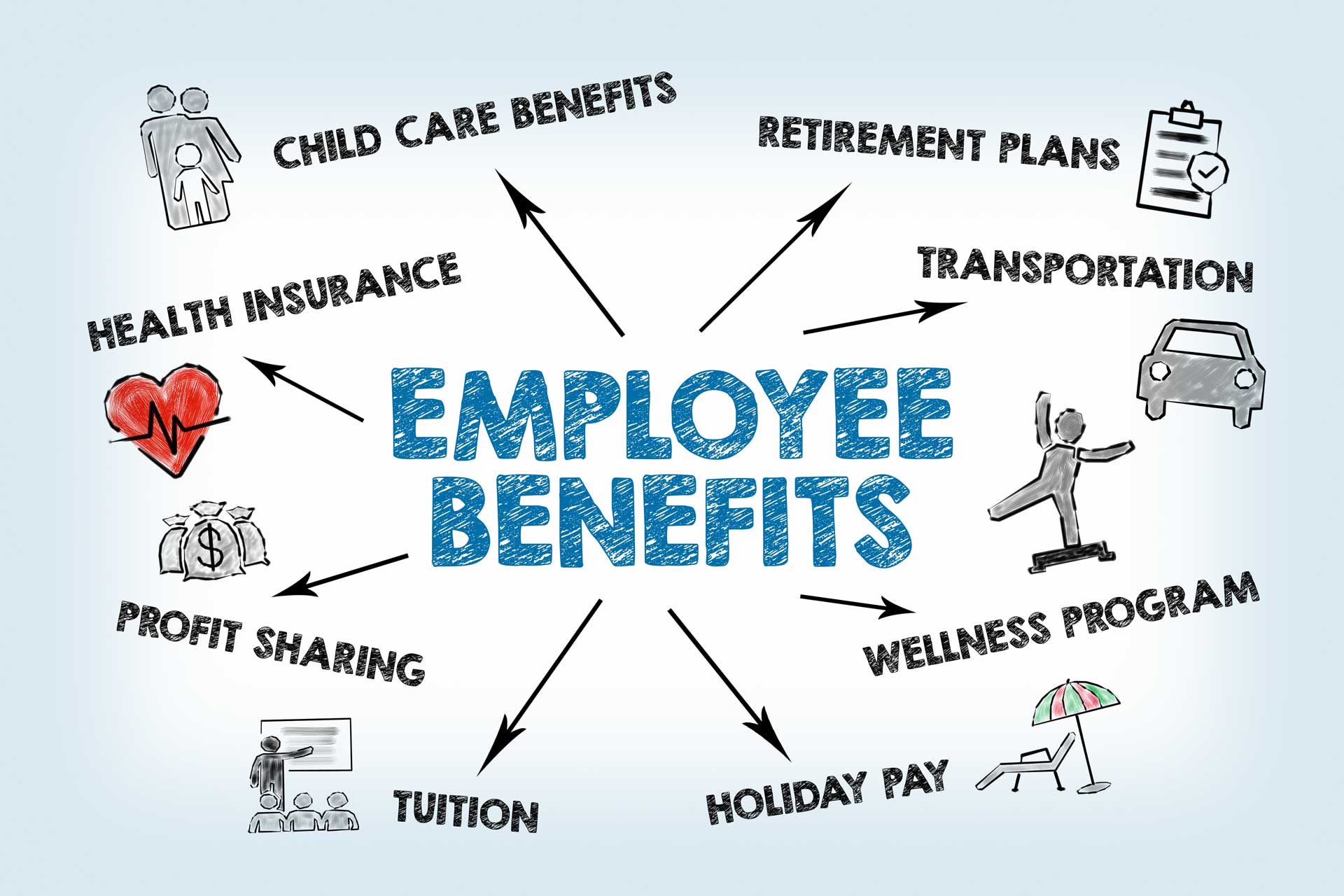
Last updated on May 30th, 2023
If you are a private employer that sponsors an ERISA-covered health and/or retirement plan for employees, it’s a good idea to review your responsibilities – and deadlines – to ensure compliance.
The Employee Retirement Income Security Act of 1974 or ERISA is a Federal law that protects retirement and welfare employee benefit plan participants’ and beneficiaries’ interests. As stated on the Department of Labor website, ERISA “sets minimum standards for most voluntarily established retirement and health plans in private industry to provide protection for individuals in these plans.”
Generally, ERISA applies to private employers, but not government entities, churches, or plans that comply with disability, unemployment, or workers’ compensation laws. The Department of Labor’s Employee Benefits Security Administration, the Treasury Department’s Internal Revenue Service, and the Pension Benefit Guaranty Corporation work together to enforce the law, which:
- Requires plans to provide important information about a plan, its features and funding to participants;
- Has minimum standards for participation, funding, benefit accruals, and vesting;
- Defines fiduciary responsibilities for the people who manage plan assets;
- Requires a plan to have an appeals/grievance process for participants to get benefits;
- Allows participants to sue for benefits and fiduciary breaches;
- For a defined benefit plan that is terminated, guarantees certain benefit payments.
Fiduciaries include people and companies with discretionary control or authority over a plan’s management, assets, administration, or investments. Overall, fiduciaries must operate a plan in the best interest of participants and beneficiaries; otherwise, they can be subject to court actions and held personally liable.
If you’re not sure if your plan is covered by ERISA or if you’re a fiduciary, the ERISA Fiduciary Advisor – developed by the Employee Benefits Security Administration – enables you to get answers by responding to a few simple multiple-choice questions. Access it by clicking here. (While you’re at it, you may want to check out the other advisor tools the DOL developed for employers, employees and small businesses.)
Among the many responsibilities fiduciaries are required to uphold, providing timely and ongoing disclosure about a plan is a big one, with regular annual deadlines. Click here to see PlanSponsor.com’s 2023 ERISA Plan Compliance Calendar. (Source: PS. 2023 ERISA Plan Compliance Calendar. December 13, 2022. PlanSponsor.com.)
If you are a plan fiduciary, it’s always a good idea to consult an ERISA attorney with any questions. For more information, the Employee Benefits Security Administration has a “Getting it Right – Knowing Your Fiduciary Responsibilities” campaign and website with a variety of resources to help promote compliance, including webinars, tools, and publications.
While you focus on ensuring you meet disclosure deadlines and other ERISA responsibilities that may apply, you can depend on RBT CPAs for accounting, tax, audit and business advisory services. We’re a leading accounting firm in the Hudson Valley and we believe we succeed when we help our clients succeed. Interested in learning more? Give us a call.
